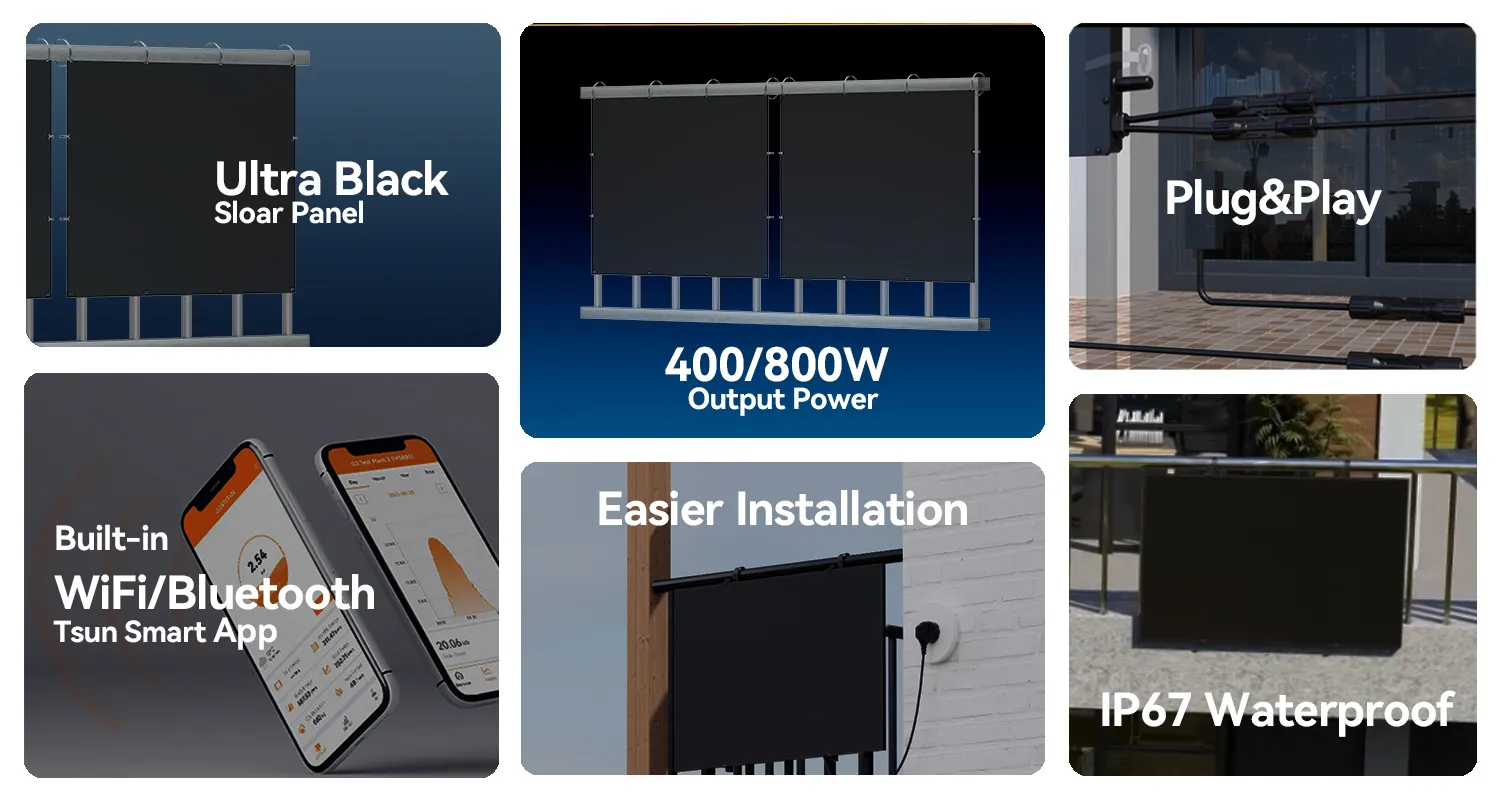Choosing the right micro inverter for your solar energy system can significantly impact efficiency and overall performance. One model gaining attention in this regard is the 250W micro inverter. Let’s explore why this micro inverter is making waves in the renewable energy sector.

When opting for solar energy solutions, the type of inverter you choose plays a crucial role in determining the output and reliability of your system. The 250W micro inverter stands out as a great option for various reasons, offering unique benefits for both residential and commercial solar installations.
Micro inverters, unlike their centralized counterparts, operate on a module-level power electronics (MLPE) approach. This means that each solar panel is equipped with its own micro inverter. In the case of a 250W micro inverter, it is capable of handling the power output from a typical solar panel efficiently, ensuring optimized energy production even under partial shading conditions or panel mismatches.

The installation simplicity of a 250W micro inverter is one of its most notable advantages. By attaching directly to each solar module, these inverters eliminate the complexities associated with centralized systems. This modularity not only speeds up the installation process but also enhances scalability. Upgrading or expanding a system becomes less daunting, as additional panels with their corresponding micro inverters can be seamlessly integrated.
From an expertise perspective, micro inverters are well-regarded for improving the safety profile of solar installations. Traditional inverters operate at high voltages, which can pose significant risks. In contrast, the 250W micro inverter typically functions at a lower DC voltage, significantly reducing the potential for electrical hazards and enhancing safety for residential or small commercial solar deployments.
micro inverter 250w
Furthermore, technological advancements have endowed the 250W micro inverter with sophisticated monitoring capabilities. System owners can now track the performance of each solar panel individually, detecting issues promptly and maximizing energy harvest. This feature, facilitated by user-friendly software applications, underscores the user experience and meets modern demands for smart energy consumption.
When talking about authority, the use of micro inverters like the 250W model aligns with regulatory and industry standards which prioritize module-level shutdown capabilities. This is particularly relevant in regions where safety and rapid shutdown requirements are mandated, thus marking the 250W micro inverter as compliant and forward-thinking.
The durability and reliability of the micro inverter are also worth noting. Frequently subjected to rigorous testing and backed by substantial warranties, many 250W micro inverters are designed to withstand various environmental conditions. This reassures consumers and installers alike of their long-term investment in quality technology.
Building trust in renewable energy products is essential for adoption, and the 250W micro inverter excels in this regard by offering transparent, measurable efficiency improvements. Users consistently report enhanced reliability and energy yield compared to conventional systems, an affirmation corroborated by numerous case studies and field applications.
Overall, for anyone considering a solar energy system, integrating 250W micro inverters offers a blend of cutting-edge technology, safety, and efficiency. They elevate the green energy experience by delivering consistent performance, facilitating simplified installations, and providing peace of mind through advanced safety features. As the push for sustainable energy intensifies, the 250W micro inverter exemplifies a smart choice, merging technical prowess with tangible benefits.
 LEARN DETAILS
LEARN DETAILS



